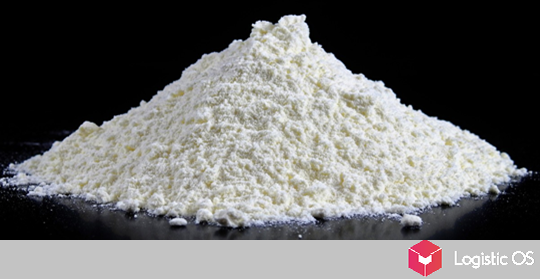The Ministry of Agriculture may extend the ban on rice exports outside the territory of the Russian Federation until 2026.
At present, there is a ban on the export of raw rice in Russia. The Ministry of Agriculture believes that it should be extended and a new time frame should be established — from July 1 to December 31, 2025.
As for husked rice and rice groats, their deliveries outside the EAEU are planned to be allowed, but within the quota, which is expected to be 50 thousand tons.
All deliveries that will go beyond the quota are planned to be subject to a significant duty of 50%.
Most likely, it will be of a prohibitive nature: exporters are unlikely to want to deliver their products subject to the payment of such a duty.
The department reports that the initiative to extend the ban may be considered in the near future.
At the same time, it is planned to maintain the export of processed rice in the coming years, but also subject to the fulfillment of certain conditions.
The main one is that the rice harvest should be at least 1.1 million tons. This is approximately the level that corresponds to domestic consumption in Russia.
Consequently, all surpluses can be exported, but if the harvest is smaller, this could pose a threat to the country’s food security, and also risks causing an increase in rice prices within the Russian Federation.
«At the same time, the rice growing industry shows an increase in the gross harvest of raw rice. Thus, in 2024, a record harvest of this crop was achieved.
The possibility of opening exports will stimulate the further development of rice growing in our country,» the Ministry of Agriculture notes.
Analysts are generally pleased that the government is moving to quotas and abandoning the idea of a ban on the export of processed rice.
In their opinion, bans are counterproductive, especially against the backdrop of high yields. They only lead to the fact that a very large volume of rice accumulates in the country, and its price falls significantly.
As a result, manufacturing companies are forced to work at zero and almost at a loss, which can reduce their desire to engage in rice farming and thereby create a threat to the availability of sufficient quantities of this type of product within the country.
At the same time, the export quota of 50 thousand tons is too little, since Russia’s export potential for rice is currently at least twice as large, analysts believe.
For example, in 2021, Russia sent 333 thousand tons of rice abroad, while food security was not undermined.
Therefore, there is hope that the government will eventually realize this and increase the quota.

